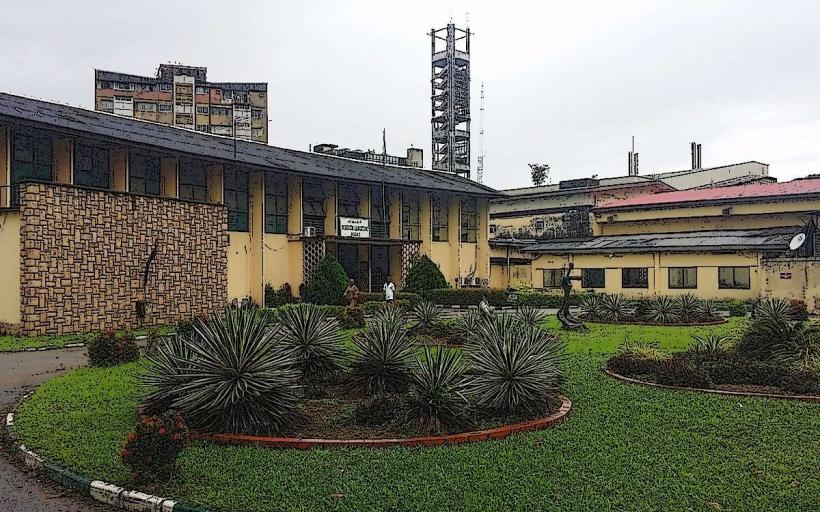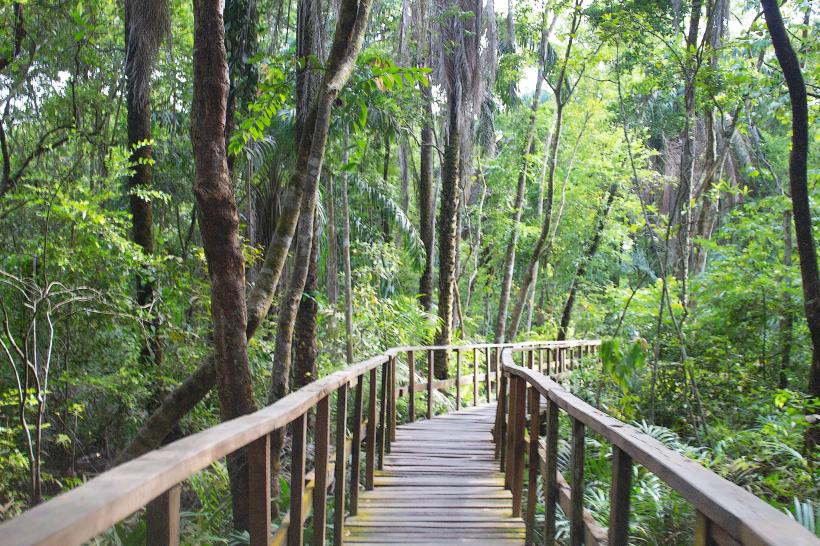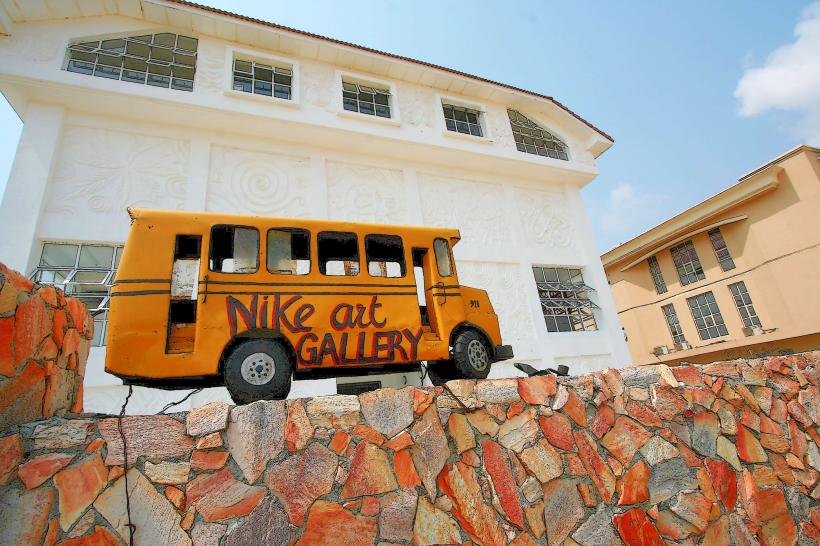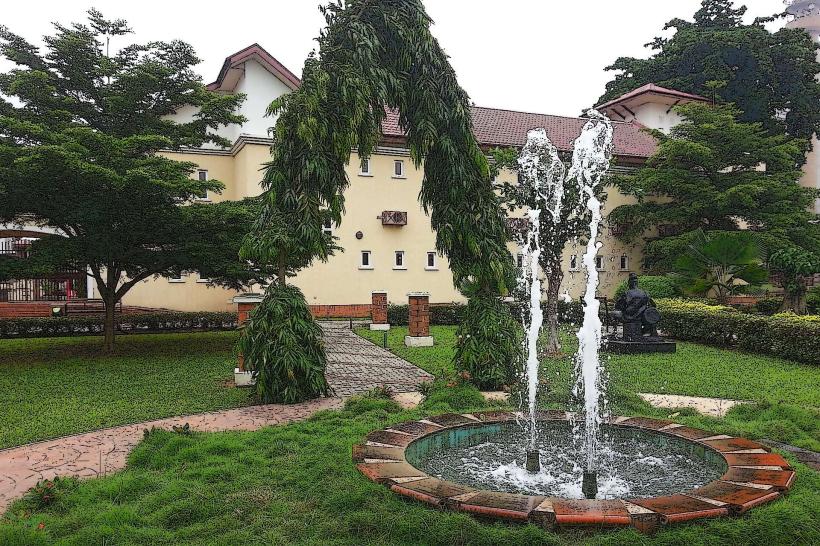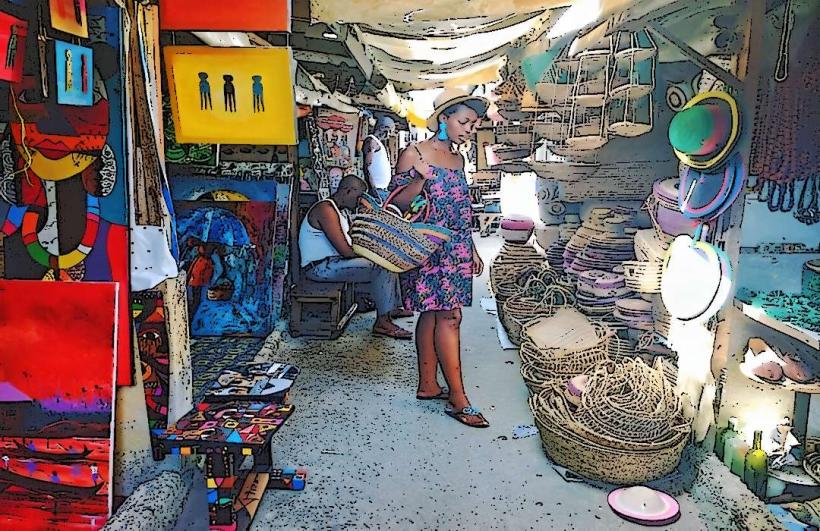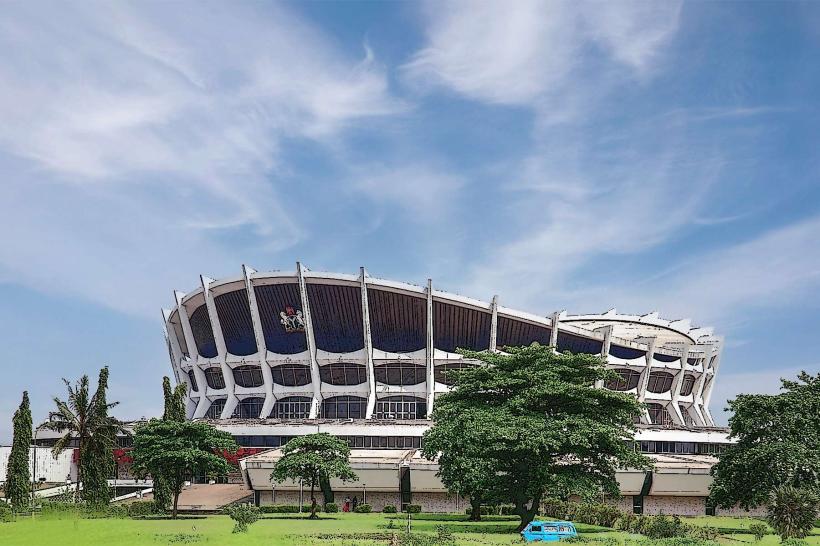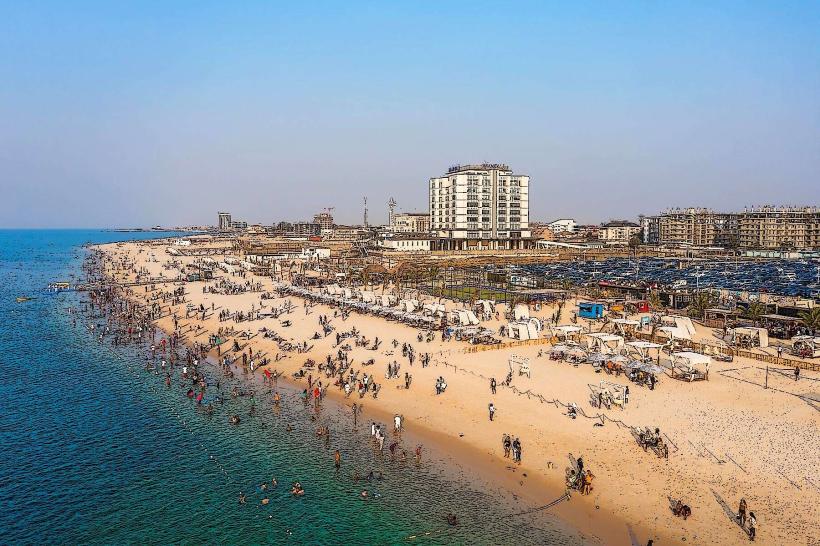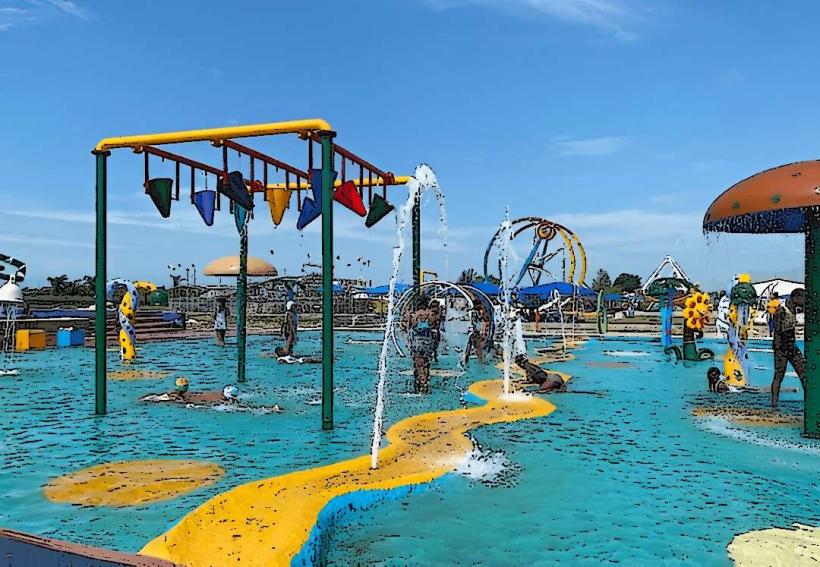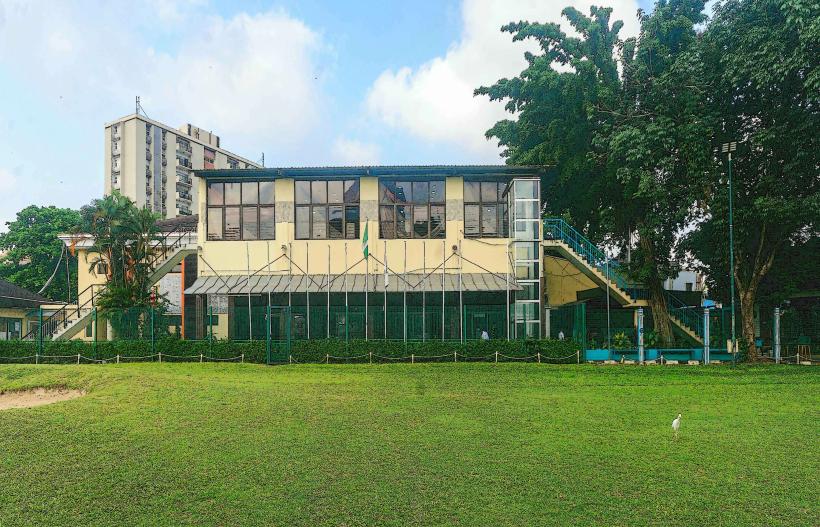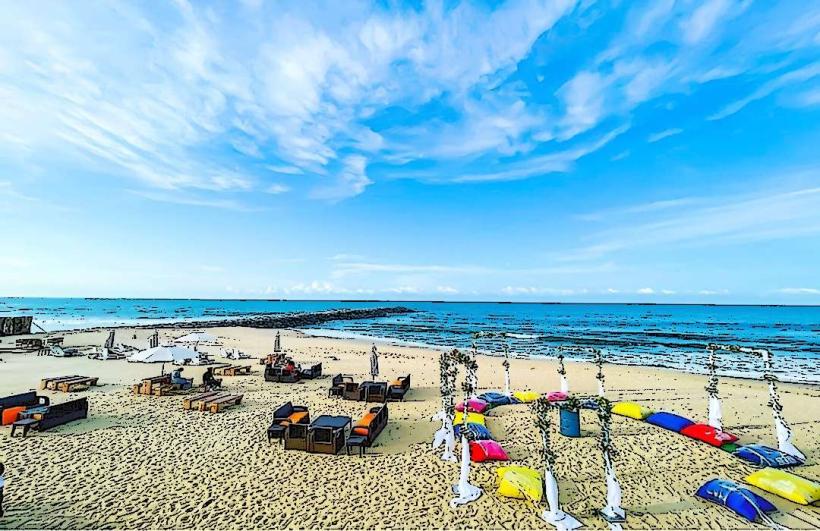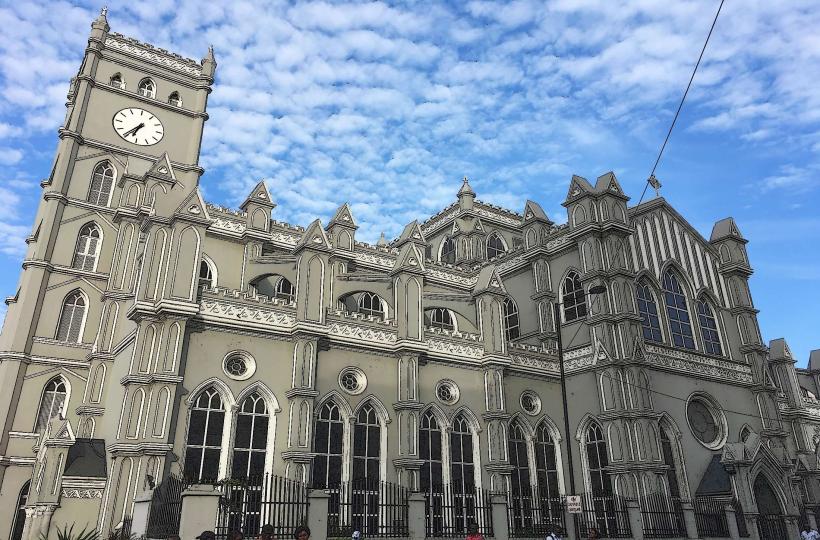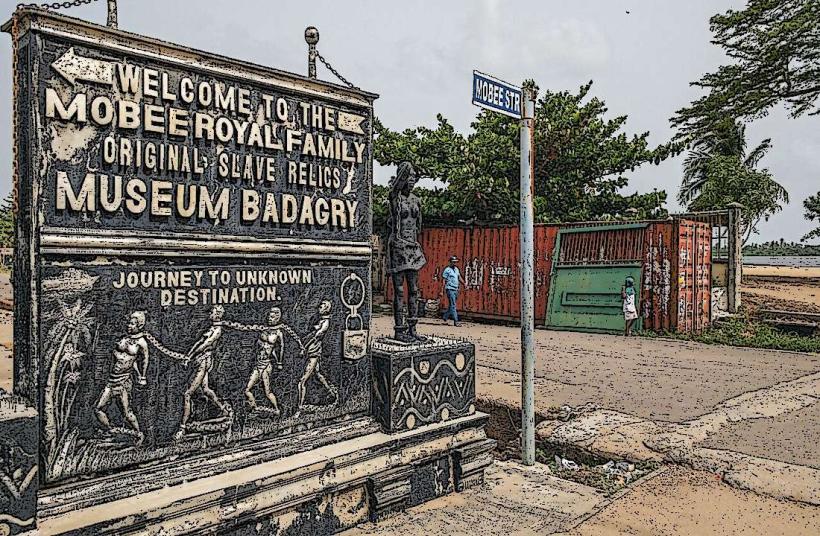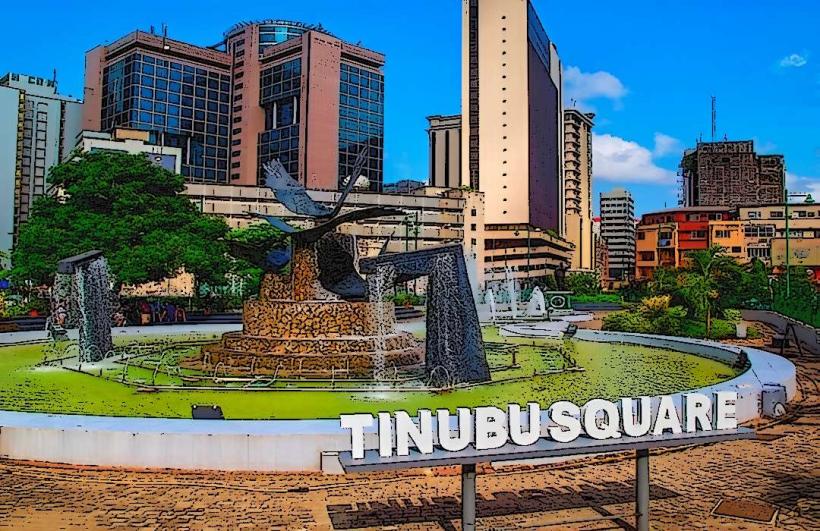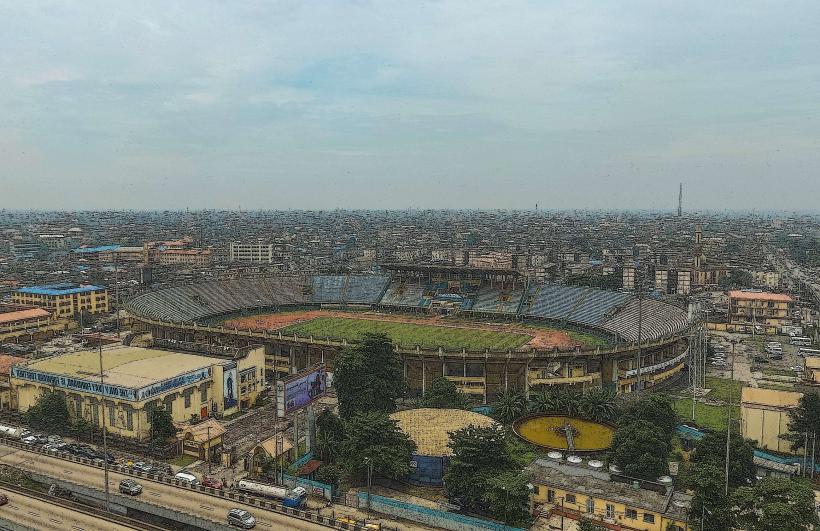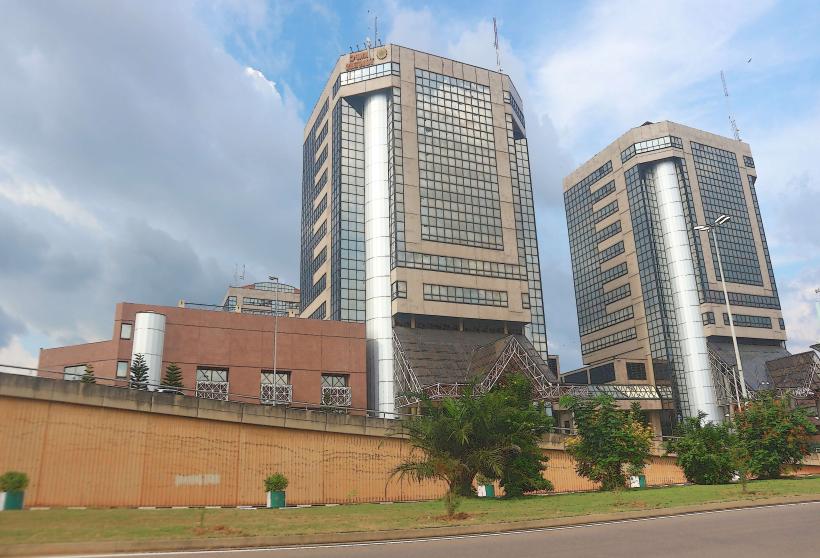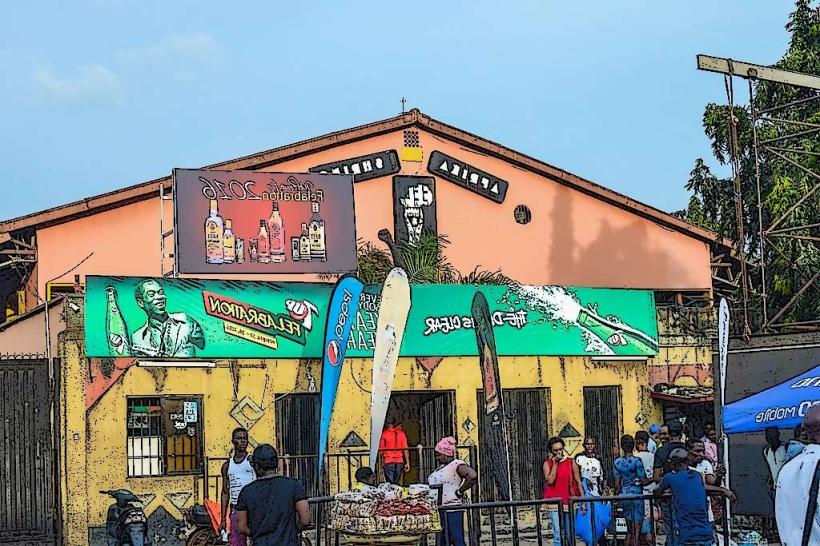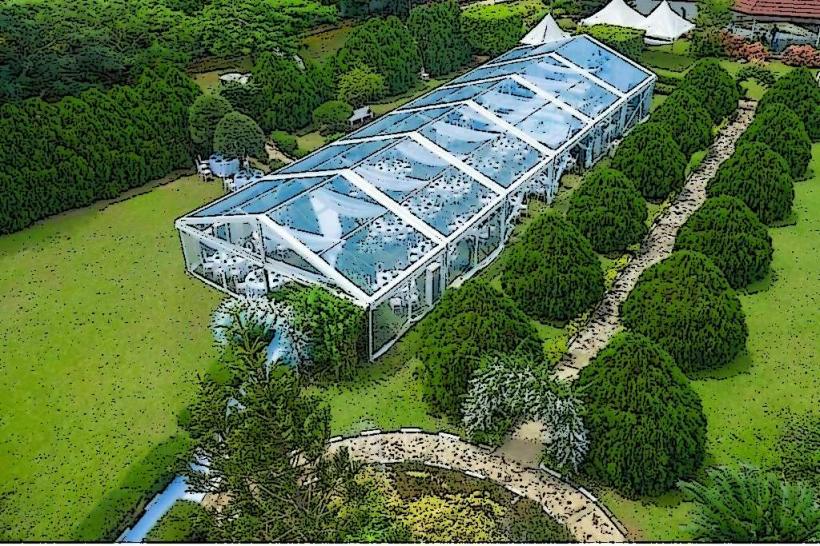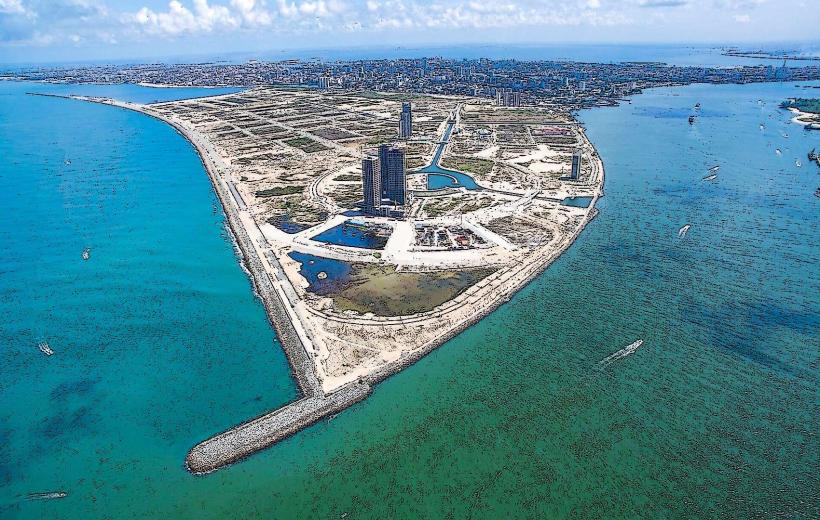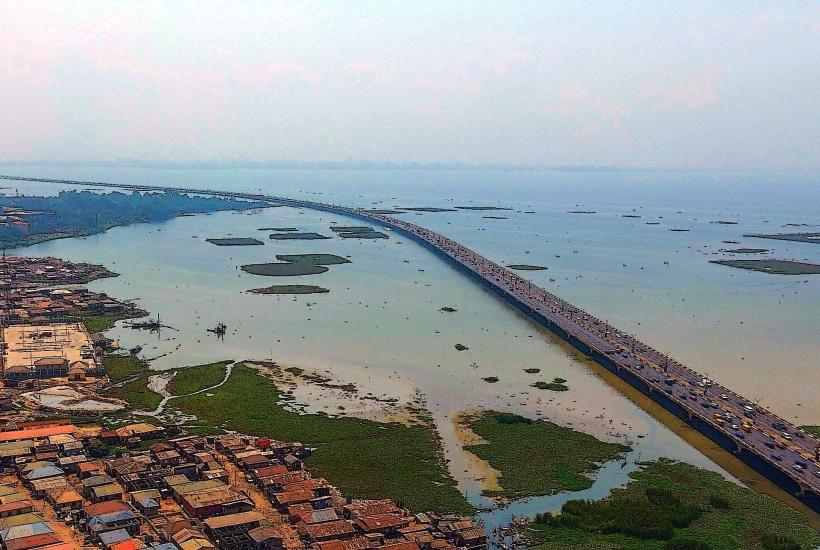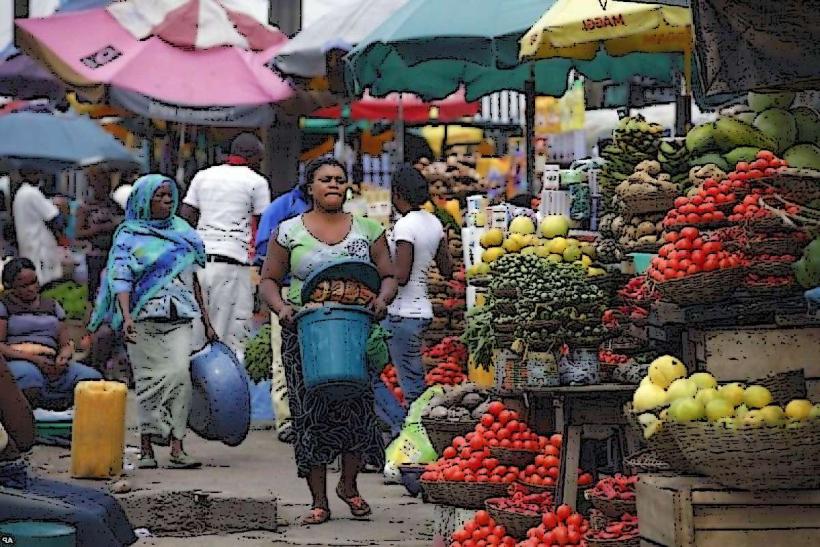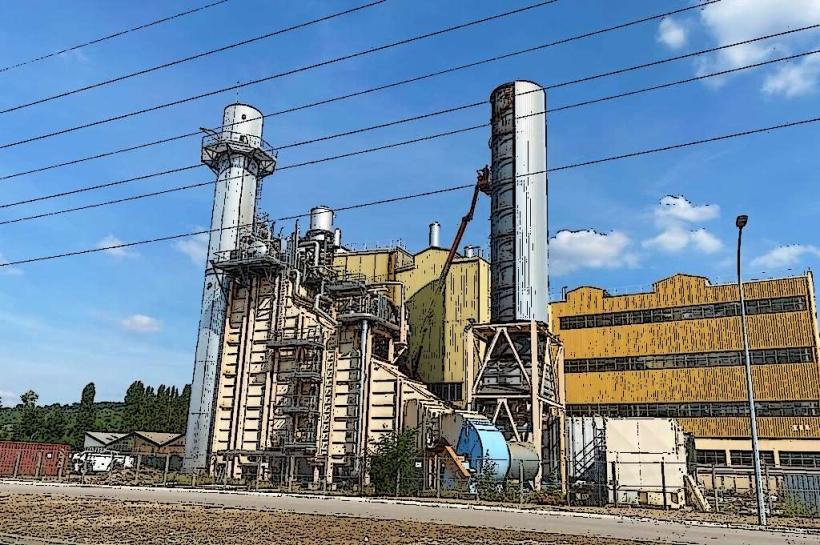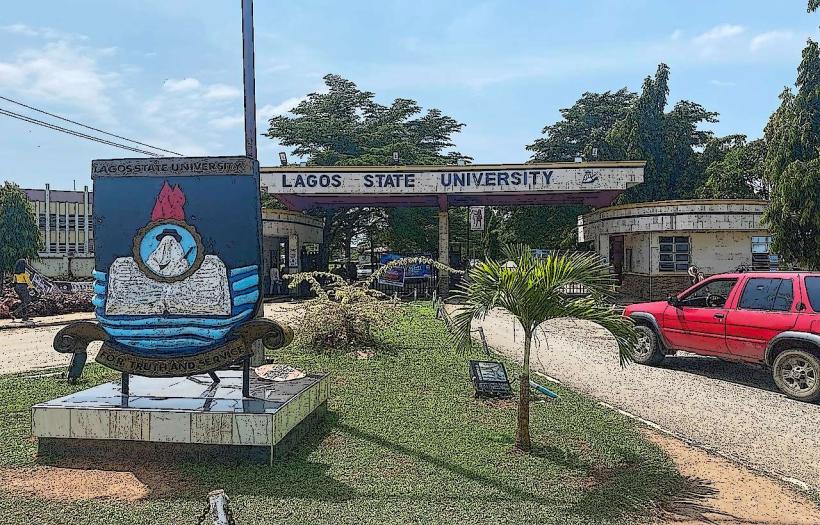Information
Landmark: Lagos IslandCity: Lagos
Country: Nigeria
Continent: Africa
Lagos Island, Lagos, Nigeria, Africa
Lagos Island is a central and historically significant area in Lagos, Nigeria. It is the heart of the city and one of the most densely populated regions, playing a key role in both the historical and modern development of Lagos.
Overview and History
Lagos Island was once a major hub during the colonial period and continues to serve as the commercial and cultural center of Lagos. The island was historically the first settlement in Lagos, and it has grown significantly over the years, becoming a melting pot of cultures, commerce, and history. It is where Lagos was first founded by the British in the 19th century and has maintained its prominence ever since.
Geographical Location
Lagos Island is located within Lagos State and is bordered by several other key areas, including the Victoria Island to the south, Ikoyi to the west, and Eko Atlantic City to the southeast. It is surrounded by the Lagos Lagoon and is linked to the mainland by bridges such as the Third Mainland Bridge, Eko Bridge, and ** Carter Bridge**.
Key Areas and Landmarks
A historic square located in the heart of Lagos Island, often regarded as one of the oldest landmarks on the island. It is named after the prominent Lagosian Oba Tinubu, and it serves as a cultural center, with historical statues and monuments.
Located in Onikan on Lagos Island, the National Museum houses a rich collection of Nigerian artifacts, including archaeological findings, ethnographic exhibits, and a display of the country’s artistic and cultural heritage.
Lagos Marina:
This waterfront area on the island is home to numerous government buildings, including the Nigerian Ports Authority and the Central Bank of Nigeria. The Marina is also a business district with several banks, hotels, and office complexes.
A memorial and leisure park located in the heart of Lagos Island, Freedom Park was once a colonial prison. Today, it is a vibrant venue for cultural performances, art exhibitions, and public events, serving as both a historical site and a modern cultural center.
Balogun Market:
A massive and bustling market that stretches across several streets in Lagos Island, Balogun Market is one of the largest in West Africa, known for its wide range of goods, including clothing, textiles, electronics, and accessories.
Lekki Market:
Located in the Lekki area of Lagos Island, this market offers a wide range of locally-made arts and crafts, including handmade jewelry, textiles, and paintings, attracting both local and international tourists.
Oba’s Palace:
The Oba of Lagos’ palace, situated on the island, is an important cultural landmark. It represents the rich history and traditions of the Yoruba people and the Lagos Kingdom. The palace is an iconic symbol of the island's cultural heritage.
Ikoyi:
Although technically a separate area, Ikoyi is located near Lagos Island and is often associated with it. It is an upscale neighborhood known for its affluent residents, luxury hotels, high-end restaurants, and business district.
Eko Atlantic City:
A massive land reclamation project, Eko Atlantic is a futuristic development that sits on the edge of Lagos Island. This ambitious project is designed to be a modern, self-sustained city with residential, commercial, and recreational spaces.
Economy and Commerce
Lagos Island is a major commercial hub for Lagos State and the entire country. The island is home to a variety of industries, including banking, real estate, retail, and tourism. The Marina is particularly known for its concentration of financial institutions, with numerous corporate headquarters located here. The island also serves as the central business district (CBD) of Lagos.
Markets like Balogun Market and Idumota Market make the island a focal point for retail trade, while Tinubu Square and Freedom Park offer both tourists and locals a glimpse into the rich cultural heritage of Lagos. The island's proximity to Eko Atlantic also ensures it plays a major role in the future of Lagos’ economy as the city expands.
Culture and Society
Lagos Island is culturally diverse, home to various ethnic groups, but the dominant group is the Yoruba. This rich cultural blend is reflected in the music, festivals, cuisine, and general lifestyle of the people living on the island.
Festivals: Various cultural festivals take place on Lagos Island throughout the year, with Eyo Festival being one of the most famous. The Eyo Festival is considered a precursor to the Lagos State Carnival and marks the transition of a new Oba of Lagos. The festival is known for its masqueraders, elaborate costumes, and historical significance.
Cuisine: The food scene on Lagos Island is diverse, with local Yoruba dishes like pounded yam, egusi soup, jollof rice, and suya being popular. Street food vendors offer a variety of traditional Nigerian snacks and meals.
Transportation and Connectivity
Lagos Island is well-connected by several key roads and bridges, with Third Mainland Bridge serving as the major route connecting it to the mainland. The island is also served by public transport options, including buses, taxis, and ferries, with new developments like the Lagos Waterways project looking to enhance water transport within the city.
Challenges
Despite its growth and development, Lagos Island faces significant challenges such as:
Traffic Congestion: As one of the most densely populated areas, Lagos Island experiences severe traffic jams, especially during rush hours.
Overcrowding: The rapid urbanization of Lagos Island has led to overcrowding in certain areas, making housing and basic services a challenge for residents.
Infrastructure Issues: Although development is ongoing, certain areas of the island still face inadequate infrastructure, including poor roads, inconsistent power supply, and limited waste management.
Conclusion
Lagos Island is the heartbeat of Lagos and continues to evolve as a major cultural, commercial, and residential hub. With its deep historical roots, vibrant marketplaces, and modern developments like Eko Atlantic, the island remains a focal point for both locals and tourists. Whether you're exploring the markets, visiting historical landmarks, or enjoying the local cuisine, Lagos Island offers a unique experience that reflects the dynamic spirit of Lagos itself.

